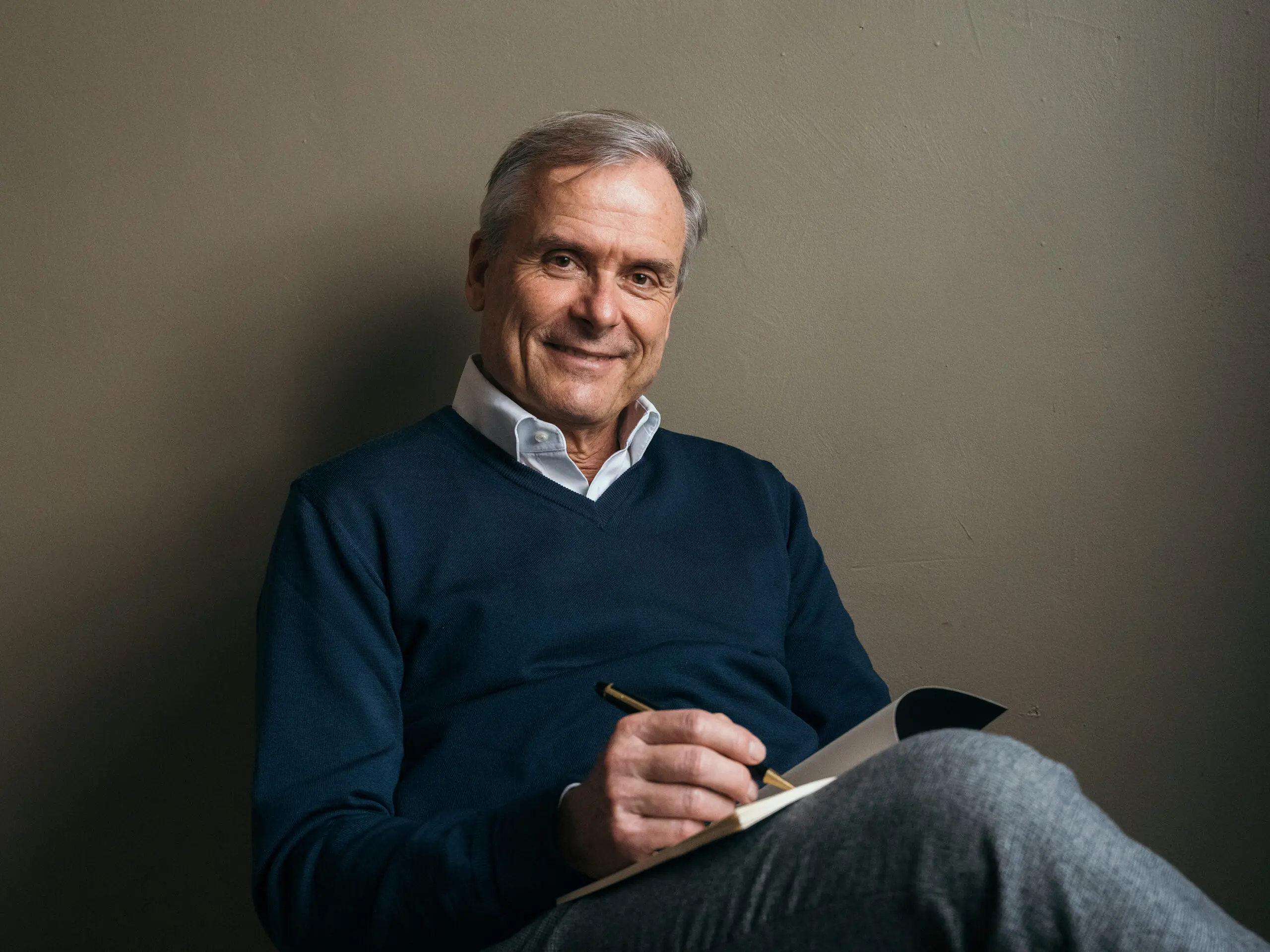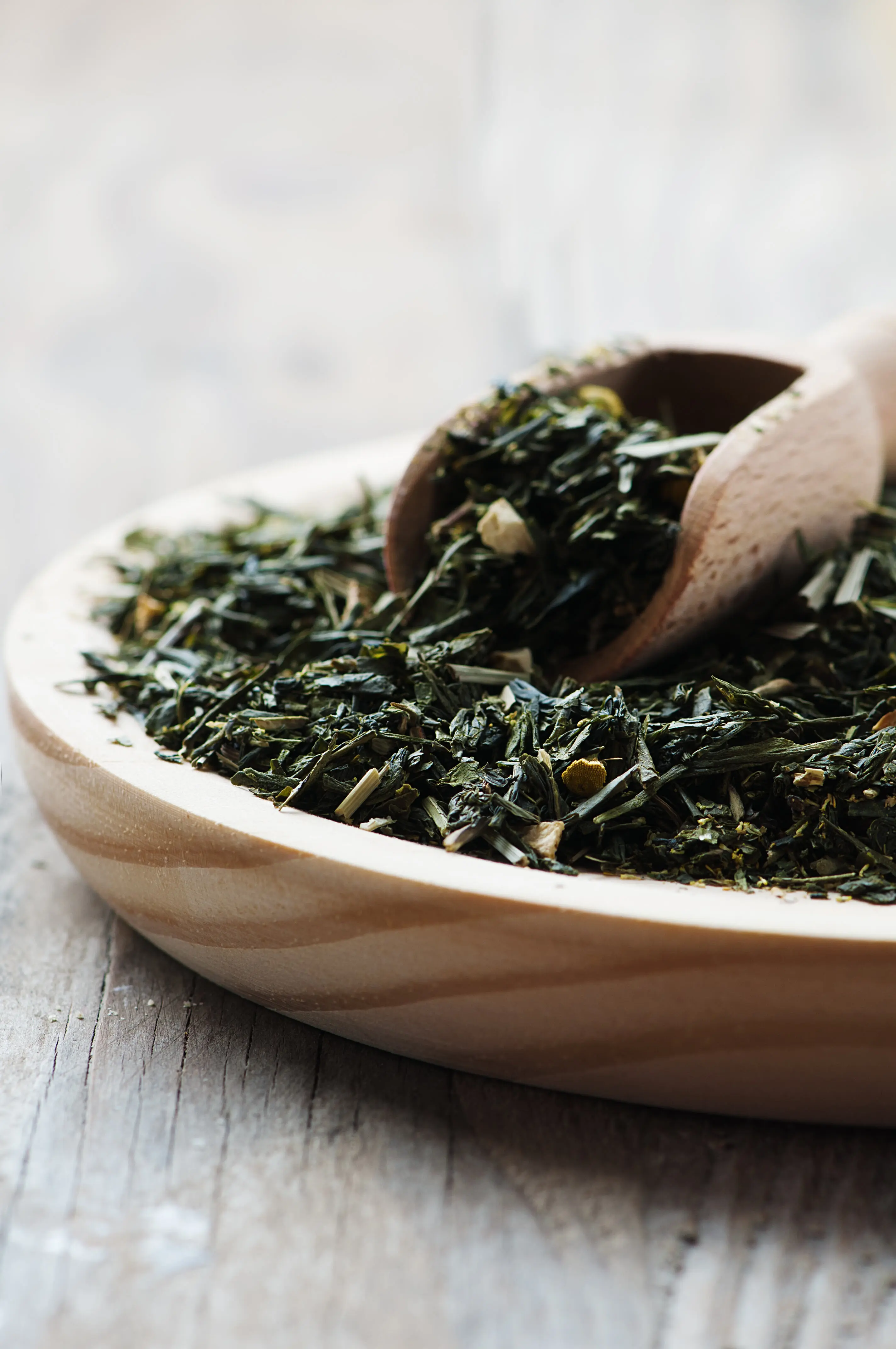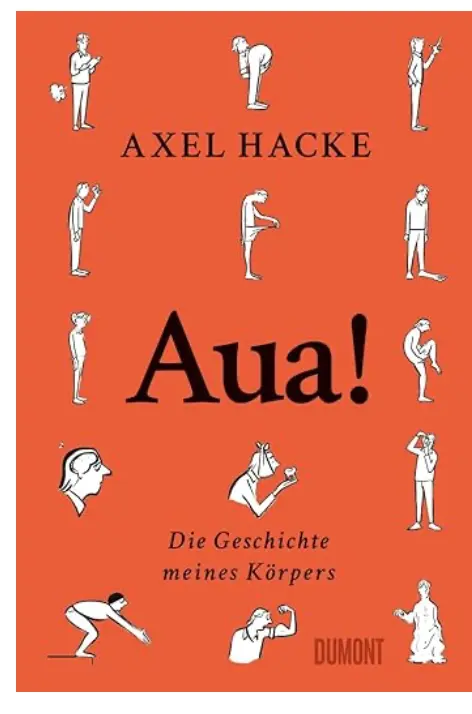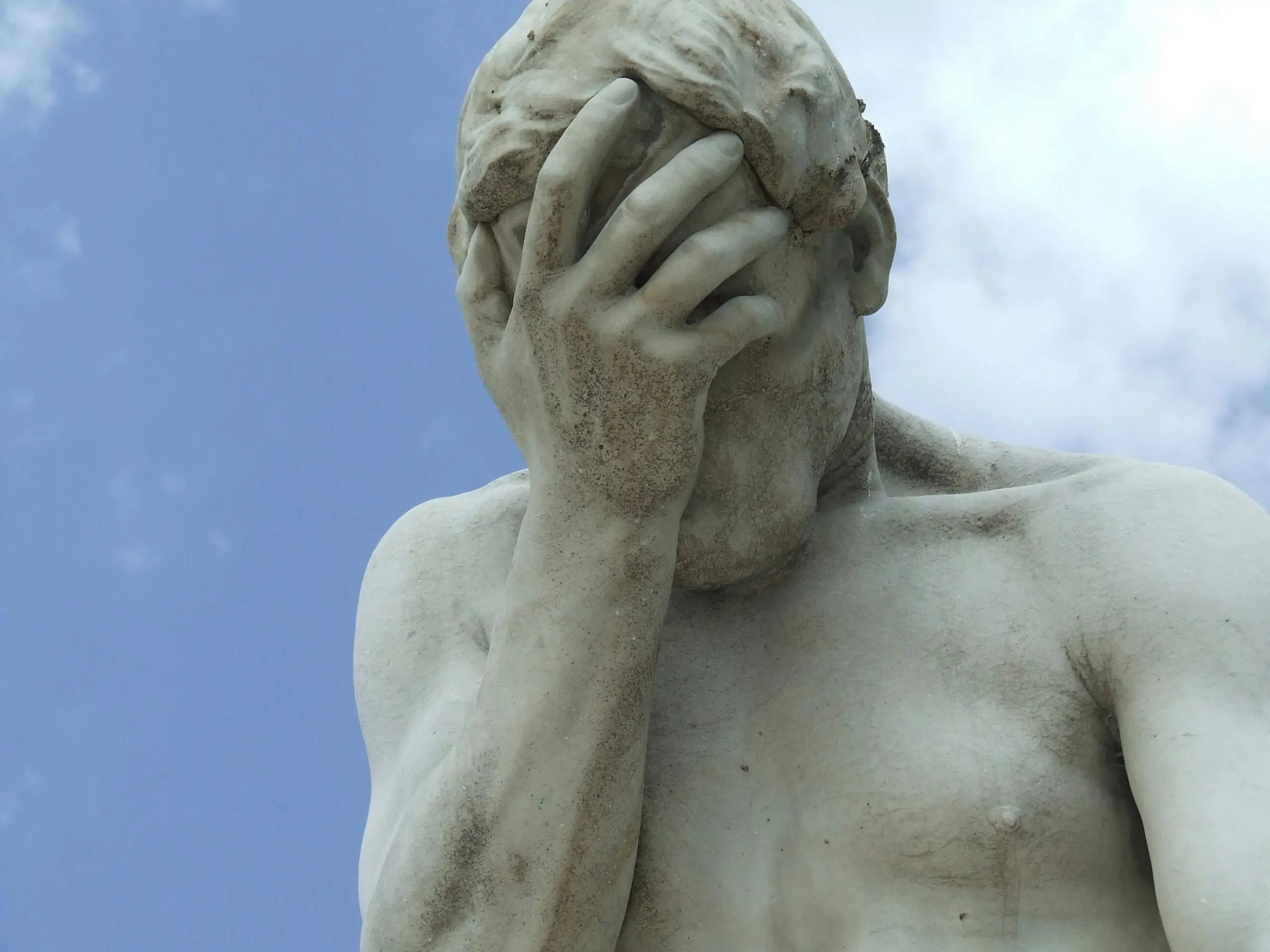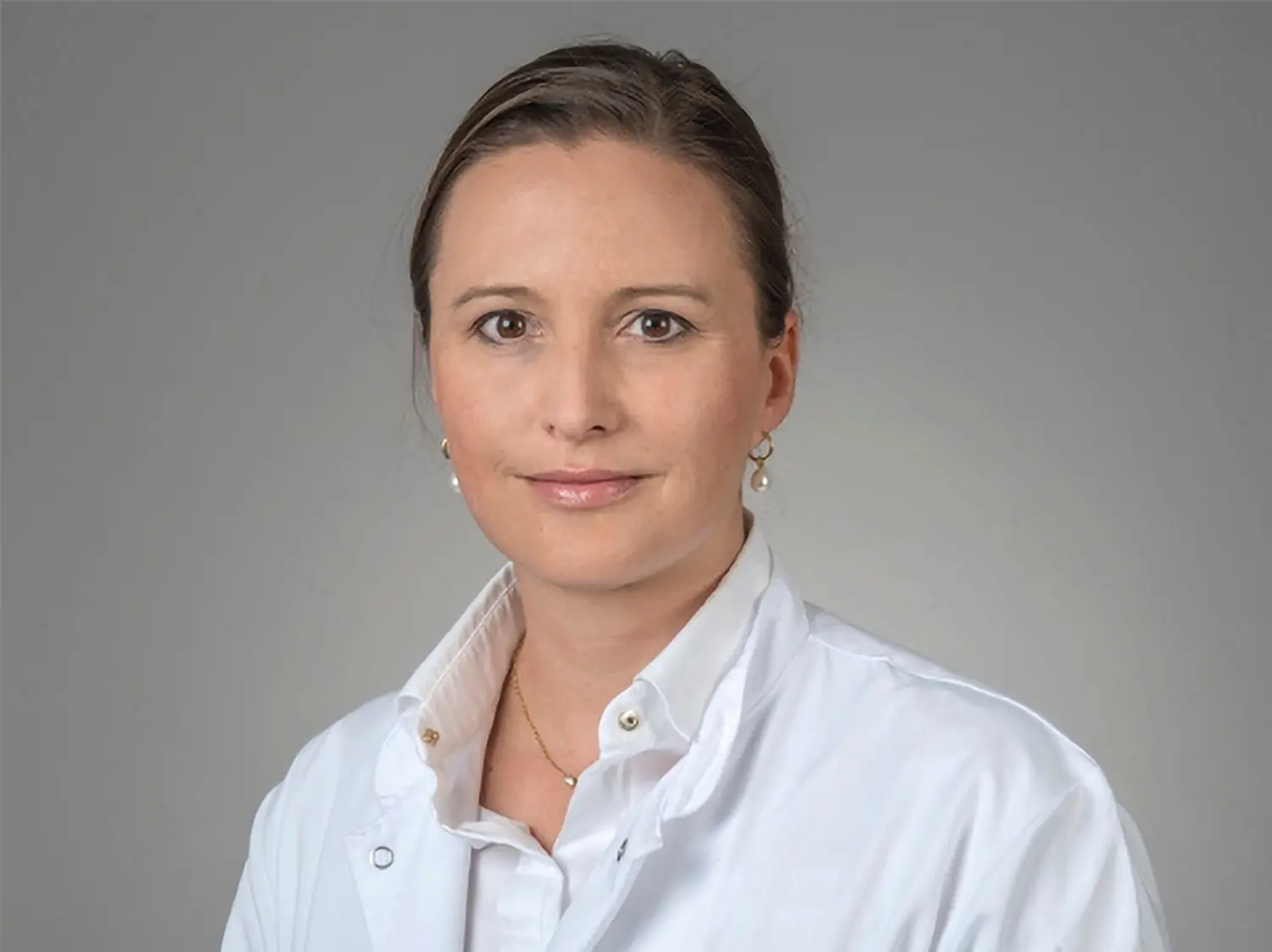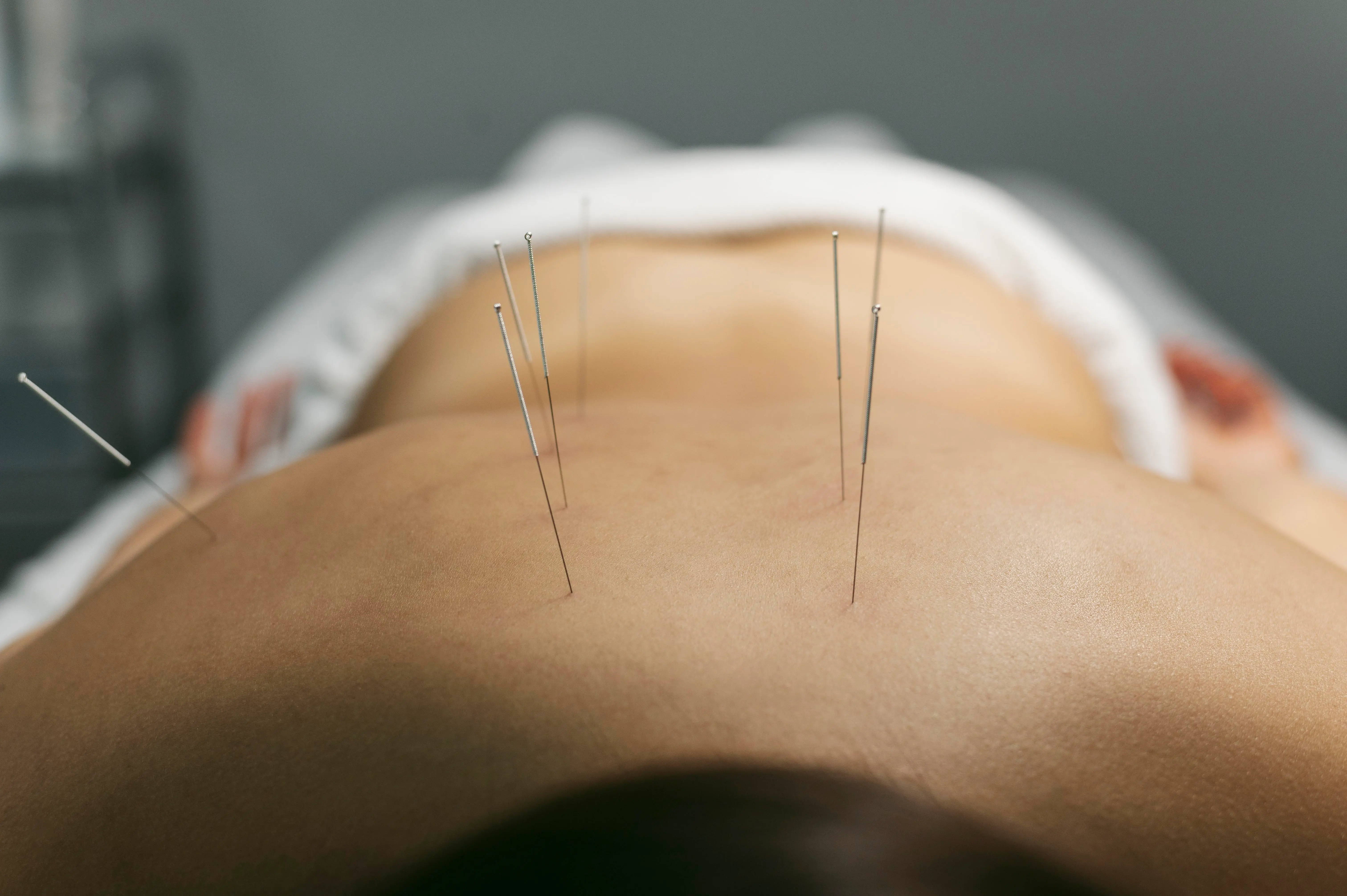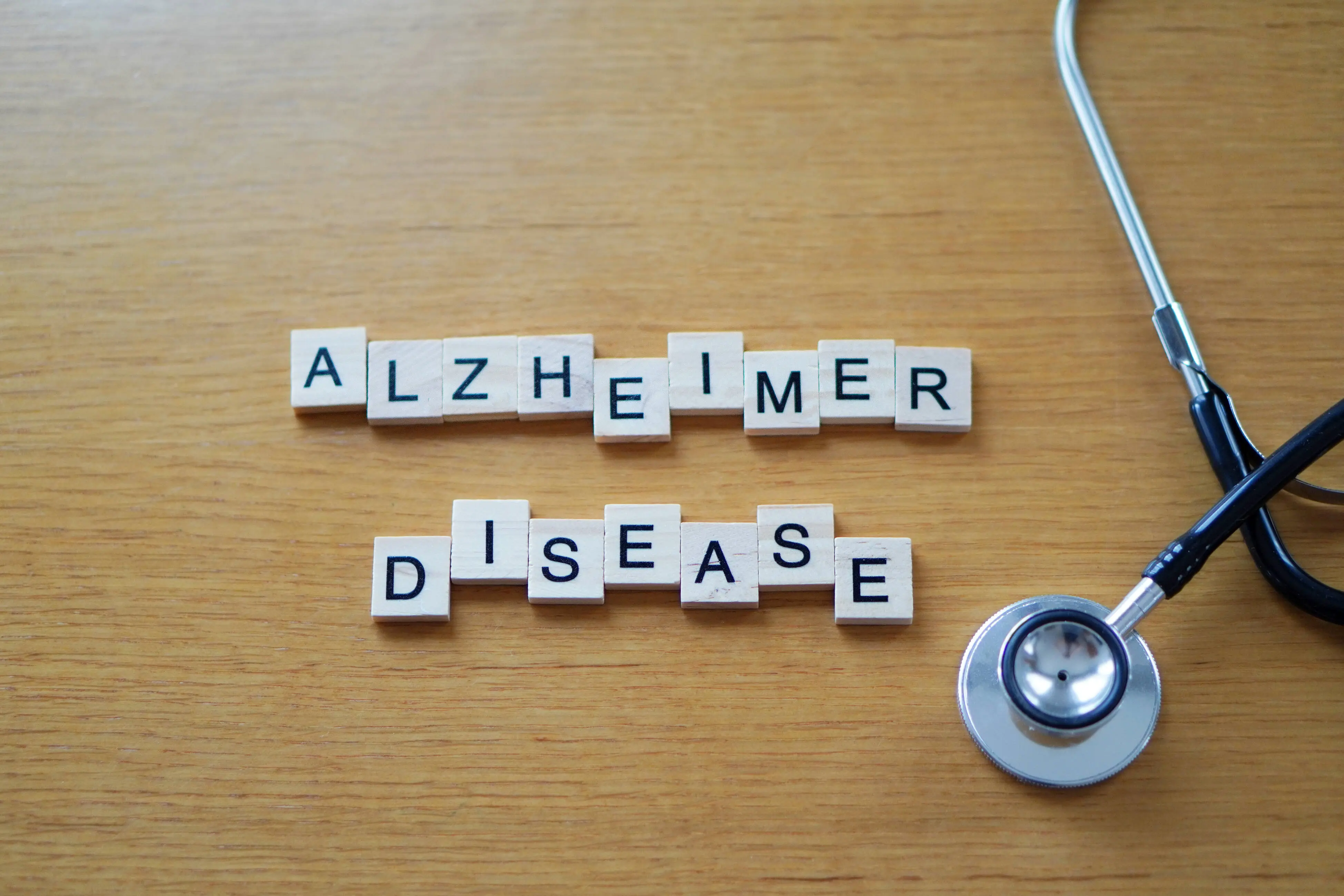That visitors are out of breath when they first arrive at his office is something Axel Hacke is familiar with. He climbs the four floors himself every day. Here stands the desk where his columns are written, which have appeared week after week in the magazine of the Süddeutsche Zeitung for more than 30 years.
And his more than 30 books, most recently "On Cheerfulness in Difficult Times and the Question of How Important the Seriousness of Life Should Be to Us." For almost a year it has been high on the bestseller lists – as has his new work "Ouch! The Story of My Body."
A dentist appointment is behind him, he says, to allow for a pause. He apologizes, saying he is still a bit dazed. But none of this is noticeable, on the contrary. Before Hacke takes a seat in a deep chair next to his desk to answer questions about his new book, he brings out a not exactly small syringe that his dentist gave him. Inside are five small special drills, all of which were used to set an implant. Their sharpness, their precision, they have left a noticeable impression.
Mr. Hacke, in your new book you tell the story of your body, organized by body parts – teeth, lungs, knees, ear, nose, heart and much more. How did the idea come about?
I looked at my hand and thought about everything that had already happened to it. There’s a scar, there’s a line that comes from an old wound, and something isn't quite right with the fingernail either. The time in which I live and have lived, in which I have grown and shrunk again, is reflected in the body. So why not tell about the scars and the events associated with them, about each individual body part?
"In the time when I was growing up, an incredible amount was eaten."
"Ouch!" can be read as a biography of your body. In the chapter "Belly," the beautiful word cake frenzy appears. From which phase of your life does this term come?
I was born in 1956. The two hunger winters after the war were still very present for my parents and grandparents. It was constantly talked about and was also reflected in the family. My uncle, who was always said to have fallen in the war, died in the hospital in my hometown. I suspect he had dysentery. He basically starved.
That's why, during the time I grew up, an insane amount was eaten. Every family celebration consisted of giant cake battles. Black Forest cake, Frankfurt crown cake, fruit cake. As a child, I loved it, I could eat until I felt sick. That's a very present memory. Today I don't eat a lot of cakes anymore, but on days when I need comfort, I sometimes fall back into this habit and visit a pastry shop.
